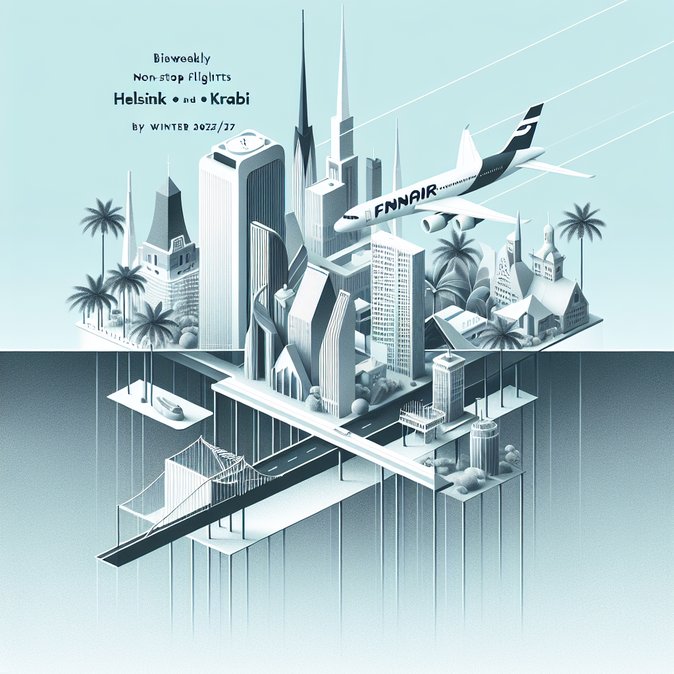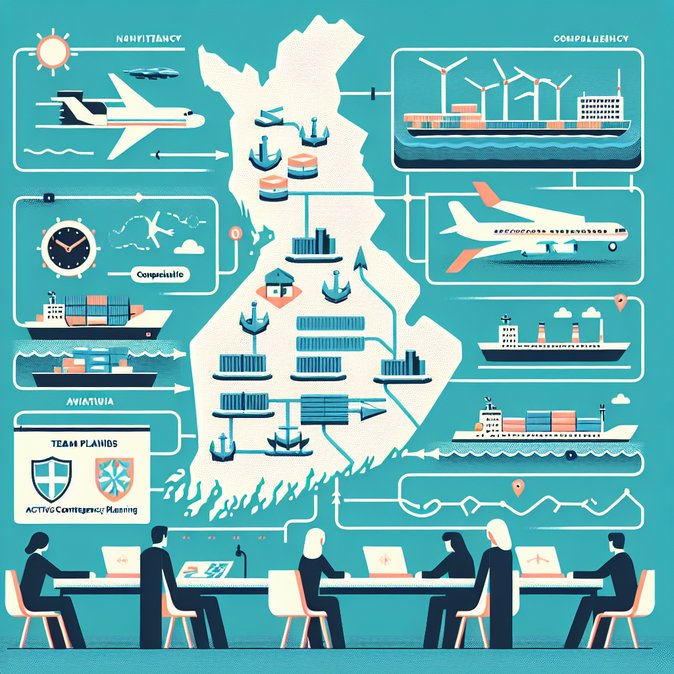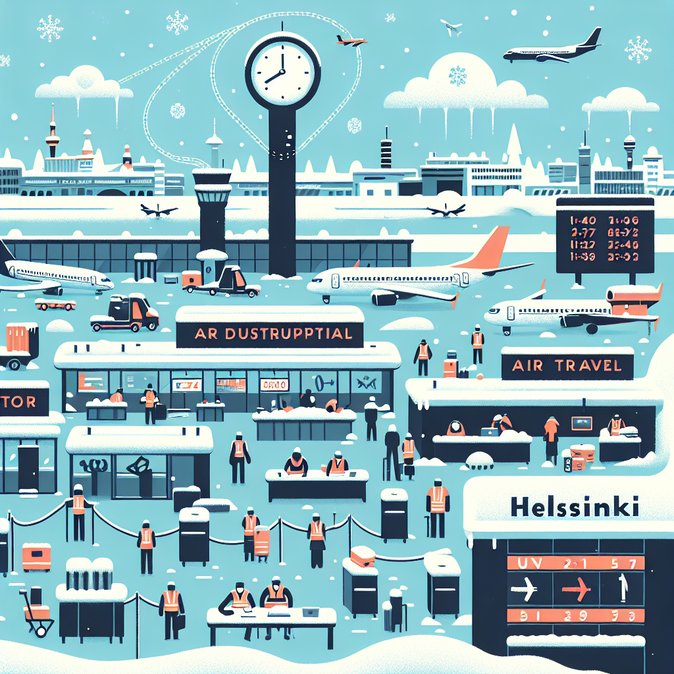
Finnair has confirmed that it will restart non-stop seasonal service between Helsinki-Vantaa (HEL) and Krabi (KBV) in southern Thailand from 30 November 2026 through 25 March 2027. Two weekly Airbus A350-900 rotations – departing Helsinki on Monday and Thursday evenings and returning from Krabi on Tuesday and Friday mornings – will shave up to four hours off current itineraries that require a Bangkok connection.
While leisure demand underpins the route, the decision carries clear mobility implications. Thailand has become a regional leave hub for Finnish expatriates and project personnel deployed across Asia-Pacific; eliminating the domestic Thai transfer reduces travel friction and removes a connection-related duty-of-care risk. Finnair will also market the flight as a one-stop option for passengers originating in North America, using its evening A350 arrivals from New York, Chicago and Dallas to feed the south-bound service.
![Finnair to Relaunch Non-Stop Helsinki–Krabi Flights After Six-Year Hiatus]()
The announcement follows Finnair’s Capital Markets Day, where management outlined capacity growth of 15 percent by 2029 and a strategic tilt toward long-haul leisure routes to balance slower-to-recover corporate Asia traffic. The carrier plans to open inventory on 1 December 2025 but will initially release only 40 percent of seats in corporate-fare classes to test commercial appetite. Mobility teams should therefore brief travellers to book early and monitor GDS availability closely.
Practical considerations extend beyond air tickets. Finland is scheduled to roll out the EU Entry/Exit biometric system in October 2025, and Thailand is piloting a new biometric TM6 arrival form. Companies may wish to update arrival guides for staff and confirm that travel-management systems capture the extra document requirements. Per-diem tables may also need revision: Krabi hotel rates are typically 15–20 percent lower than Phuket’s, offering potential cost savings on extended stays.
While leisure demand underpins the route, the decision carries clear mobility implications. Thailand has become a regional leave hub for Finnish expatriates and project personnel deployed across Asia-Pacific; eliminating the domestic Thai transfer reduces travel friction and removes a connection-related duty-of-care risk. Finnair will also market the flight as a one-stop option for passengers originating in North America, using its evening A350 arrivals from New York, Chicago and Dallas to feed the south-bound service.

The announcement follows Finnair’s Capital Markets Day, where management outlined capacity growth of 15 percent by 2029 and a strategic tilt toward long-haul leisure routes to balance slower-to-recover corporate Asia traffic. The carrier plans to open inventory on 1 December 2025 but will initially release only 40 percent of seats in corporate-fare classes to test commercial appetite. Mobility teams should therefore brief travellers to book early and monitor GDS availability closely.
Practical considerations extend beyond air tickets. Finland is scheduled to roll out the EU Entry/Exit biometric system in October 2025, and Thailand is piloting a new biometric TM6 arrival form. Companies may wish to update arrival guides for staff and confirm that travel-management systems capture the extra document requirements. Per-diem tables may also need revision: Krabi hotel rates are typically 15–20 percent lower than Phuket’s, offering potential cost savings on extended stays.


